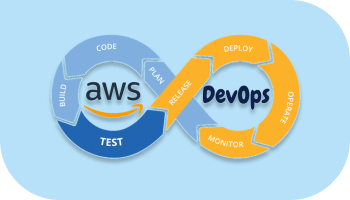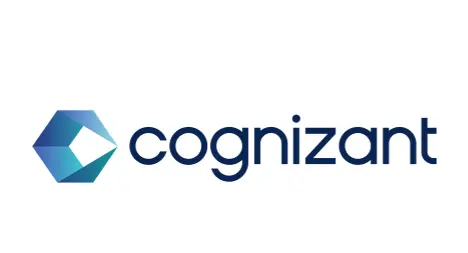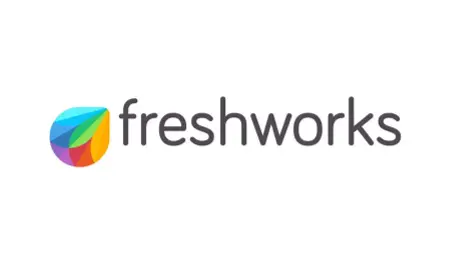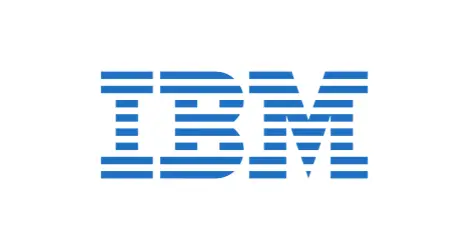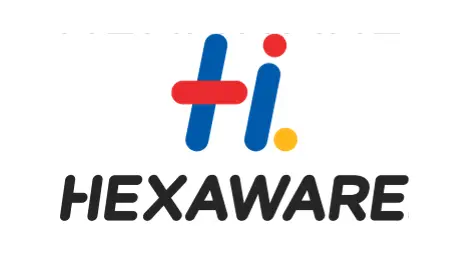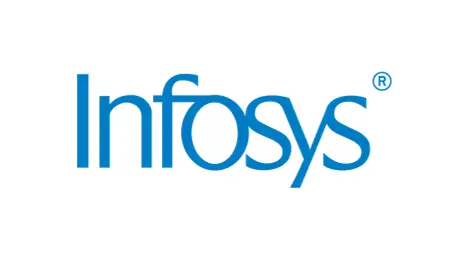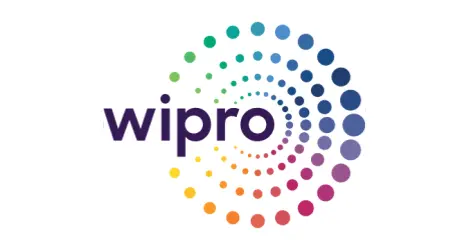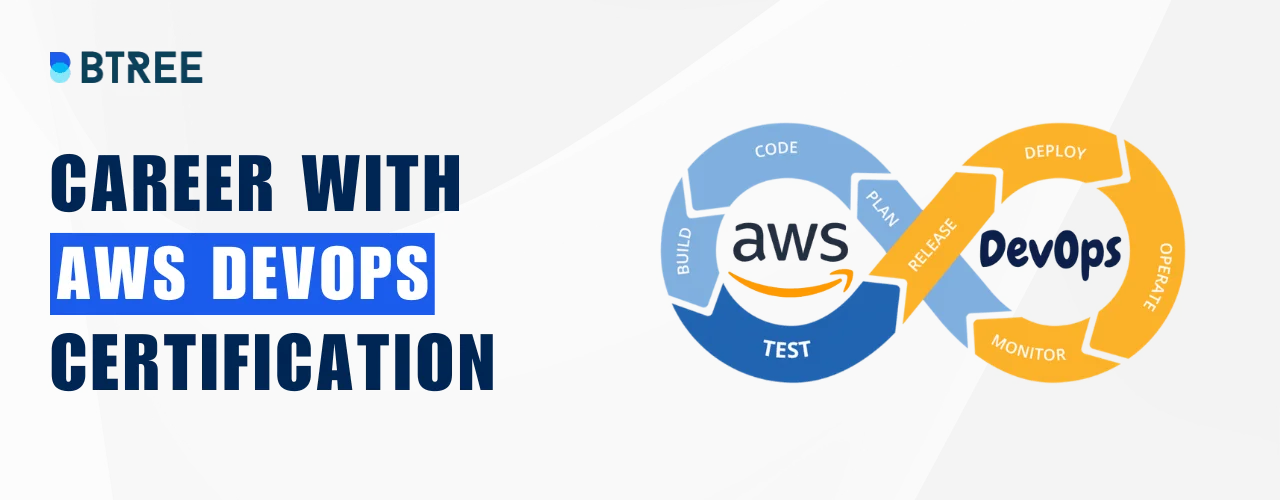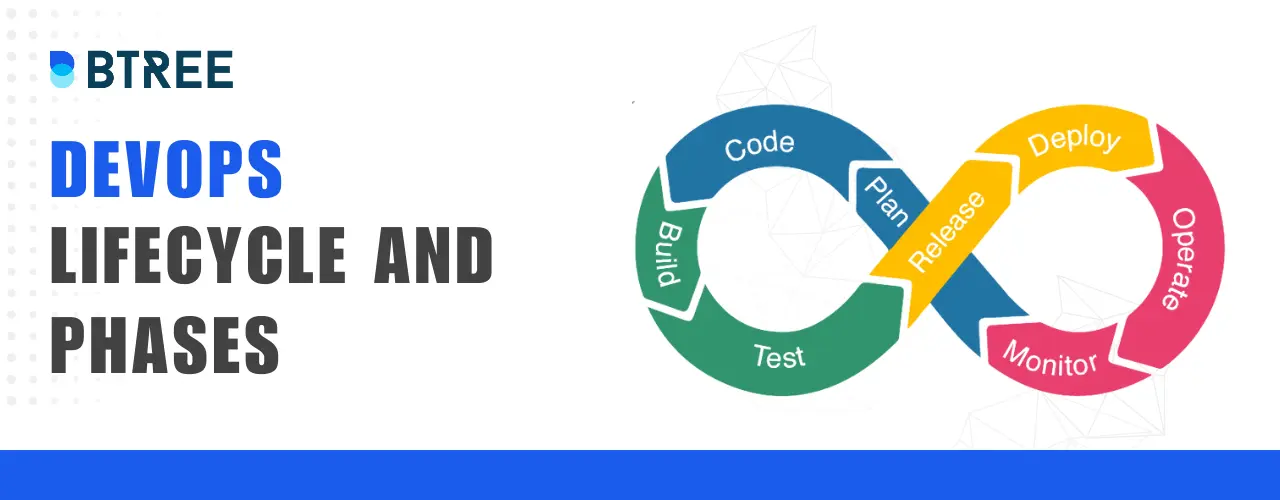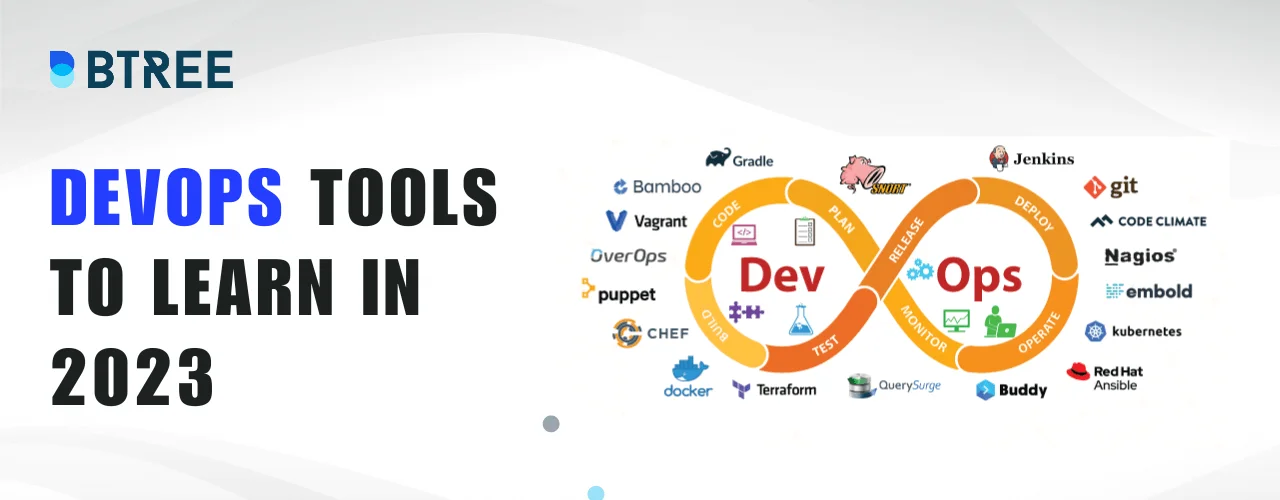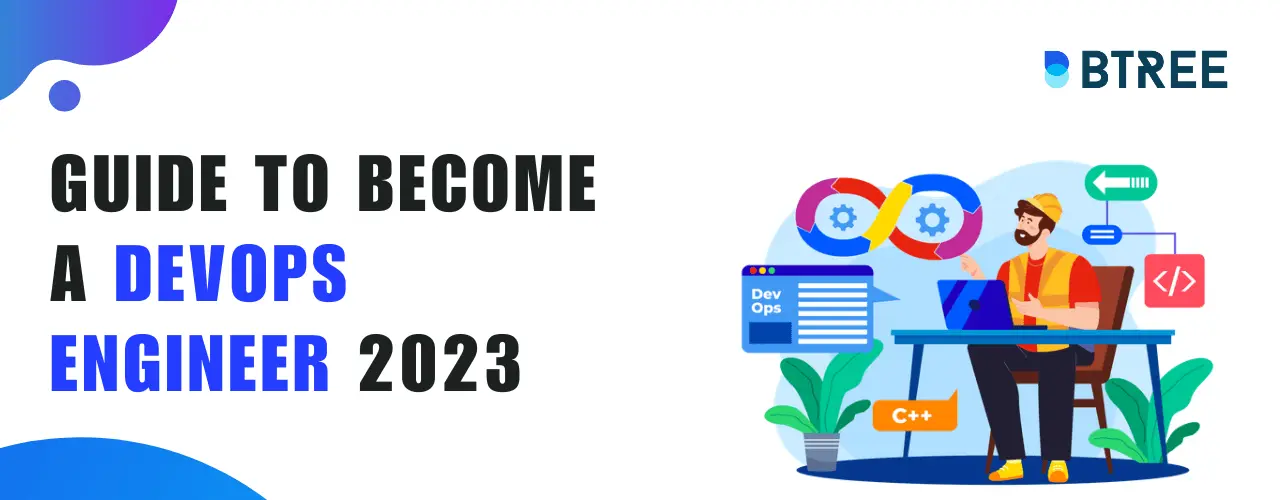Key Highlights
About AWS Certified DevOps Course in Bangalore
This AWS DevOps course curriculum is designed to provide in-depth knowledge on the AWS tools like Linux, Docker, Kubernetes, Jenkins, Git, etc with real-time project experience. Our expert mentor with 10+ years of experience trains you with the latest trending technologies of AWS concepts and services.
What concepts are covered in this AWS DevOps course?
The AWS DevOps Training program covers the module with various concepts on cloud services. Below listed are the concepts of AWS DevOps Course.
1. AWS Fundamentals
2. Serverless Architecture
3. Continuous Integration (CI)
4. Continuous Delivery (CD)
5. Infrastructure as Code (IaC)
What are the skills required for AWS DevOps training in Bangalore?
To take up this AWS DevOps Certification in Bangalore every individual must possess a basic knowledge of cloud computing and programming languages for mastering the technique of managing and deploying applications.
Who can take this AWS DevOps training from BTree Systems?
BTree Systems, regardless of background, beginners, non-IT, and one should have a fundamental understanding of software development concepts as well as some familiarity with AWS services. Therefore candidates at all skill levels are considered in the construction of our AWS Course module.
Recent grads and students: These individuals are aiming to get into the cloud computing and DevOps job market.
Software Developers: Developers of software who want to use AWS technologies and DevOps techniques to automate and streamline their operations.
Cloud Enthusiasts: People who are enthusiastic about cloud computing and are willing to learn how to use AWS for the creation and delivery of contemporary software.
What is the salary of an AWS DevOps Engineer Jobs in Bangalore?
An AWS DevOps Engineer's salary in Bangalore may vary depending on experience and business size. It usually varies between:
• Junior Level: Rs. 6–10 lakhs annually
• Mid-Level: Rs. 10-18 lakhs annually
• Senior Level: Rs. 18 Lakhs and above
Additional elements including skills, certifications, and the market's demand for DevOps knowledge could also affect salaries.
Talk To Us
We are happy to help you 24/7
Career Transition
60%
Avg Salary Hike
40 LPA
Highest Salary
500+
Career Transitions
300+
Hiring Partners
AWS Services Covered
AWS EC2 (Elastic Cloud Compute)
AWS EBS (Elastic Block Store)
AWS RDS (Relational Database Services)
AWS IAM (Identity Access Management)
Load Balancer and Auto Scaling
Cloud Formation
Elastic Beanstalk
Storage Services
AWS Lambda
Code Build & Code Deploy
Code Pipeline and etc...
Tools Covered









AWS DevOps Course Fees
02
Sep
SAT - SUN
08:00 PM TO 11:00 PM IST (GMT +5:30)
09
Sep
SAT - SUN
08:00 PM TO 11:00 PM IST (GMT +5:30)
16
Sep
SAT - SUN
08:00 PM TO 11:00 PM IST (GMT +5:30)
Unlock your future with our
"Study Now, Pay Later"
program, offering you the opportunity to pursue your education without financial constraints.
EMI starting at just
₹ 3,000 / Months
Available EMI options
3
Months EMI
6
Months EMI
12
Months EMI

Corporate Training
Enroll in our corporate training program today and unlock the full potential of your Employees
Curriculum for AWS DevOps Course in Bangalore
Introduction to Cloud Computing & AWS
- What is Cloud Computing
- How AWS is the leader in the cloud domain
- Various cloud computing products offered by AWS
- Introduction to AWS S3, EC2, VPC, EBS, ELB, AMI
- Getting a detailed understanding of the AWS architecture and the AWS Management Console
- Introduction to AWS EC2
- Comparing Public IP and Elastic IP
- Demonstrating how to launch an AWS EC2 instance
- What is auto scaling
- AWS EC2 best practices and cost involved
- Understanding various concepts of backup services in AWS
Database services
- Elastic Block Storage (EBS) for block level persistent storage volumes with S3 buckets
- Understanding Amazon RDS and Amazon Aurora which are relational databases
- Amazon DynamoDB which is a NoSQL database
- Understanding Amazon Redshift which is a data warehousing product
- Amazon ElasticCache which is an in-memory data store
- Deploying AWS database migration service
Object Storage
- Introduction to AWS storage
- AWS S3 (Simple Storage Service)
- Creating an AWS S3 bucket
- AWS Storage Gateway
- Understanding the Command Line Interface (CLI)
- Hosting a static website using Amazon S3
- Amazon Glacier storage for long-term data backup and archiving
- Amazon Snowball for data import/export
Autoscaling and load balancing
- Understanding Fault Tolerance in AWS
- In-depth study of Elastic Load Balancing
- The types of Load Balancers viz. Classic and Application
- AWS Auto Scaling mechanism
- Understanding AWS Management Console
- How to access the Elastic Load Balancing
- Studying AWS SDK, AWS CLI and Https Query API
Virtual Private Cloud
- What is Amazon VPC
- VPC as a networking layer for EC2
- Getting started with VPC
- Examples
- VPC and Subnets
- Default and non-default VPCs
- Components of VPC networking
- IP addressing
- Security
- VPN connections
- Accessing the internet
- Using AWS PrivateLink to access the services
- VPC supported platforms
Application services, AWS Lambda and CLI
- Introduction to various AWS application services
- Elastic Beanstalk
- Simple Email Services (SES)
- Simple Notification Service (SNS)
- AWS Lambda
- Elastic OpsWorks and CLI
IAM and monitoring
- Authentication (who can use) and Authorization (level of access)
- IAM Policies – JSON structure, users, groups and their Roles
- IAM HTTPS API
- Logging IAM events with AWS CloudTrail
- Monitoring and managing AWS resources using CloudWatch
- Deploying configuration alerts and notifications with CloudWatch
- Billing for CloudWatch
Configuration management and automation
- Configuration management and automation of server configuration using OpsWorks
- Determining how servers are configured, managed and deployed across EC2 instances
- Creating a virtual machine using Amazon Machine Image (AMI)
- Introduction to the Domain Name Registration service AWS Route 53
- How to route internet traffic to resources
- Checking health of resources automatically
- Provisioning of infrastructure resources using AWS CloudFormation
Architecting AWS – whitepaper
- Important guidelines for creating a well architected AWS framework that is resilient and performant
- Designing of fault-tolerant and high-availability architecture, resilient storage, decoupling mechanism, multi-tier architecture solution, disaster recovery solution, scalable and elastic solutions
AWS Architect Questions
- Guidance for clearing the exam
- Most probable interview questions and other helpful tips for clearing the exam and interview
AWS Migration
- Migrating to the AWS cloud
- Business drivers for migration
- Various stages of cloud adoption
- The actual migration process
- Migration tools and services in AWS
- Migrating customers to AWS cloud
- Track the progress of application migration
- Types of migration including data migration, application migration and databases migration
AWS Security
- AWS cloud security essentials
- Penetration testing
- Security compliance
- Infrastructure security
- Mitigating DDOS
- Identity and Access Control (IAM)
- Logging and monitoring
- Automatic audits and compliance
- Limitations and challenges of native AWS security
Infrastructure Setup
- Installation of Devops Tools on AWS
- Git
- Docker
- Selenium
- Maven
- Jenkins
- Puppet
- Ansible
- Kubernetes
- Nagios
Introduction to Devops
- What is Software Development
- Software Development Life Cycle
- Traditional Models for SDLC
- Why Devops?
- What is Devops?
- Devops Lifecycle
- Devops Tools
Software Version Control
- What is Version Control
- Types of Version Control System
- Introduction to SVN
- Introduction to Git
- Git Lifecycle
- Common Git Commands
- Working with Branches in Git
- Merging Branches
- Resolving Merge Conflicts
- Git Workflow
Containerization using Docker - Part I
- Introduction to Docker
- Understanding Docker Lifecycle
- Components of Docker Ecosystem
- Common Docker Operations
- Creating a DockerHub Account
- Committing changes in a Container
- Pushing a Container Image to DockerHub
- Creating Custom Docker Images using Dockerfile
Configuration Management using Puppet
- Need of Configuration Management
- Configuration Management Tools
- What is Puppet
- Puppet Architecture
- Setting up Master Slave using Puppet
- Puppet Manifests
- Puppet Modules
- Applying configuration using Puppet
- Puppet File Server
Configuration Management using Ansible
- What is Ansible?
- Ansible vs Puppet
- Ansible Architecture
- Setting up Master Slave using Ansible
- Ansible Playbook
- Ansible Roles
- Applying configuration using Ansible
Continuous Testing
- What is Continuous Testing?
- What is Maven?
- Running Test Cases on Chromium Web Driver
- What is Headless Mode?
Continuous Integration using Jenkins
- Introduction to Continuous Integration
- Jenkins Master Slave Architecture
- Understanding CI/CD Pipelines
- Creating an end to end automated CI/CD Pipeline
Continuous Orchestration using Kubernetes
- Introduction to Kubernetes
- Docker Swarm vs Kubernetes
- Kubernetes Architecture
- Deploying Kubernetes using Kubeadms
- Alternate ways of deploying Kubernetes
- YAML Files
- Creating a Deployment in Kubernetes using YAML
- Services in Kubernetes
- Ingress in Kubernete
DevOps on AWS
- How to deploy DevOps principles and methodology on the AWS platform
- DevOps lifecycle and the important stages in the DevOps methodology
- What is AWS CodeBuild
- AWS CodeCommit
- AWS CodePipeline
- AWS CodeDeploy
Deploying Infrastructure with Terraform
- Installing Terraform – Windows Users
- Installing Terraform – Linux Users
- Choosing Right IDE for Terraform IAC development
- Creating first EC2 instance with Terraform
- Terraform Code – First EC2 Instance
- Understanding Resources & Providers
- Destroying Infrastructure with Terraform
- Destroying Specific Resource
- Understanding Terraform State files
- Understanding Desired & Current States
- Challenges with the current state on computed values
- Terraform Commands – State Files
- Terraform Provider Versioning
- Types of Terraform Providers
- Understanding Attributes and Output Values in Terraform
- Attribute Resource (Document)
- Referencing Cross-Account Resource Attributes
- Terraform Variables
- Data Types for Variables
- Fetching Data from Maps and List in Variable
- Terraform Format
- Validating Terraform Configuration Files
Continuous Monitoring using Nagios
- What is Continuous Monitoring
- Introduction to Nagios
- Nagios Architecture
- Monitoring Services in Nagios
- What are NRPE Plugins
- Monitoring System Info using NRPE plugins
Terraform Modules & Workspaces
- What is Infrastructure as a code
- Iac vs Configuration Management
- Introduction to Terraform
- Installing Terraform on AWS
- Basic Operations in terraform
- init
- plan
- apply
- destroy
- Terraform Code Basics
- Deploying and end-to-end architecture on AWS using Terraform
“Accelerate Your Career Growth: Empowering You to Reach New Heights in Web Development”
Project Ideas for Aws DevOps Program
Best industry knowledge
Hands-On practical experience
Real-Time experience
Optimisation of Infrastructure Costs
Building a cost-savings plan for AWS resources with the use of tools like AWS Cost Explorer and AWS Trusted Advisor. recommending resource optimisation and cost analyses automatically using CloudWatch Events and Lambda.
Installation and Organisation of Serverless Apps
Utilising API Gateway, DynamoDB, and AWS Lambda to build a serverless architecture. Automated scaling and effective management are made possible by implementing AWS CodePipeline and CodeDeploy for continuous integration and deployment.
Event-Driven Microservices with AWS Lambda
Using CodeCommit and CodePipeline integration for automated deployments and AWS Step Functions for orchestration, a highly scalable and economical architecture is made possible.
Training Options

Live interactive online training
-
50+ Hours of online AWS DevOps Training -
1:1 personalised assistance -
Practical knowledge -
Chat and discussion panel for assistance -
Work on live projects with virtual assistance -
24/7 support through email, chat, and social media.
AWS DevOps (DOP- C02) Certification in Bangalore
With our thorough AWS DevOps Certification programme, start your path to professional development through practical training and real-time projects on aws devops. Get knowledgeable in a variety of AWS DevOps services. With the help of our AWS DevOps certifications, you will be able to effectively build, deploy, and maintain cloud infrastructure using various methods on
• Real-time Projects and Use Cases on AWS DevOps
• Industry Recognised DOP-CO2 Certification program
• Expert Guidance from cloud domain
• Hands-on Learning
Our Student feedback
Hear From Our Hiring Partners
Lead recruiter at TCS
IT Recruiter at L&T
BTREE's Placement Guidance Process


Placement support
Have queries? We’re here for you! We support you with 24X7 availability with all comprehensive guidance.

AWS DevOps Sample Resume
Build a robust resume with battle-cut tools to land your dream job. Impress any recruiter with a rock-solid CV and personality!

Free career consultation
Overwhelmed about your future career? We offer free career consultation that helps you to figure out what you want to become.
Our Graduates Works At


FAQs on AWS DevOps
What benefits does the AWS DevOps Course from BTree Systems provide?
The AWS DevOps Course from BTree Systems provides thorough instruction in cloud-based DevOps techniques. The ability to automate, deploy, and manage applications on the infrastructure of AWS is acquired by participants.
The AWS DevOps Course also offers tailored doubt-clearing sessions, on-demand lecture access, mock interviews, resume preparation, career counselling, soft skills sessions, etc.
What ideas or technologies are covered by this AWS DevOps Certification?
Our AWS DevOps Certification at Bangalore offers a thorough, industry-based curriculum that covers a wide range of AWS DevOps technologies and ideas. You now have the necessary tools for current DevOps procedures within AWS.
• AWS Services
• Infrastructure as Code: Learn to automate infrastructure setup using tools like Terraform.
• Continuous Integration/Continuous Deployment (CI/CD)
• Monitoring and Logging
• Security and Compliance
• Containerization and Orchestration
• Configuration Management
What modes of training are conducted for this AWS DevOps Course?
Our AWS DevOps Course in Bangalore offers a range of instructional approaches under the supervision of certified mentors with our comprehensive AWS DevOps syllabus which covers all of the key concepts through our online AWS DevOps Training in bangalore.
What projects are covered in this AWS DevOps Certification?
Using AWS technologies like CodePipeline, CloudFormation, and Lambda, our AWS DevOps Certification in Bangalore covers a wide range of projects, including real-time scenarios for deploying scalable apps, creating CI/CD pipelines, and automating infrastructure. These initiatives guarantee actual knowledge and proficiency in DevOps implementations.
What is the Duration for the AWS DevOps Certification?
BTree Systems offers online AWS DevOps training that lasts for 50+ hours. Where you can choose to attend according to your convenience since each module of the course syllabus provides the pertinent material for candidates from beginner to expert level.
What are the available payment methods before enrolling in the course?
We offer various forms of payment methods for course enrollment. These options provide convenience and flexibility while joining our AWS DevOps training. You can pay using the below listed methods
• Debit/Credit cards, Visa, MasterCard
• Digital wallets like GPay, PhonePe, and Paytm.
• Also you can avail our EMI options of 3, 6, and 12 months with respective banks.
What are the AWS DevOp course fees?
The AWS DevOps training has a reasonable course fee and several ways to pay. Additionally, we offer easy EMI plans for 3, 6, and 12 months to make it simple for students to handle their course payments. Please feel free to call us at 044 - 4560 5237, if you have any questions concerning the course fees.
I'm new to DevOps. Does the AWS DevOps Certification Course still suit me?
Absolutely! This AWS DevOps training is suitable for all levels of experience. The course is intended to assist both experts and novices through DevOps principles, AWS tools, and hands-on exercises. The candidates would benefit from having a fundamental understanding of software development and cloud principles.
How do I sign up or register for BTree Systems?
To kickstart your career with BTree Systems, you have the following options:
• Call us at 044 - 4560 5237
• Send an email to info@btreesystems.com
• Use the chat window on our website
